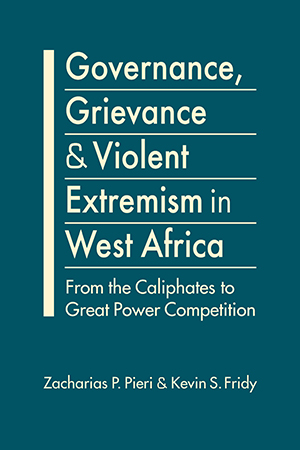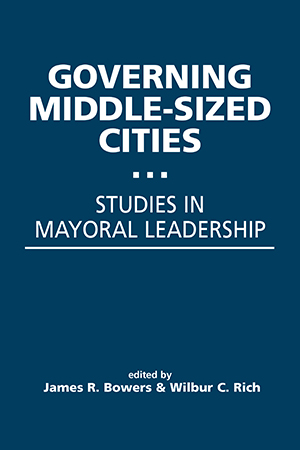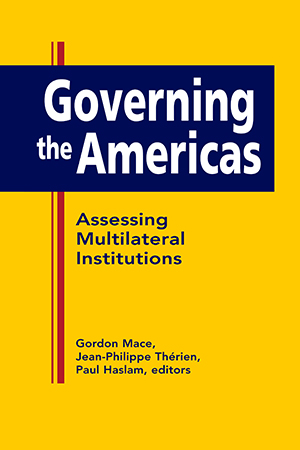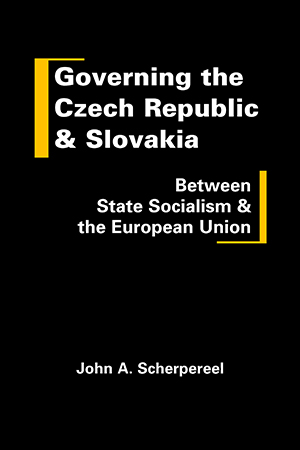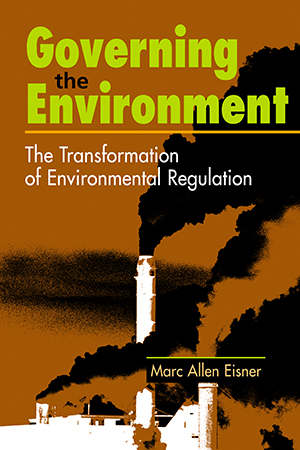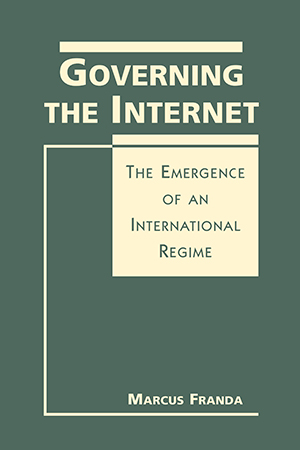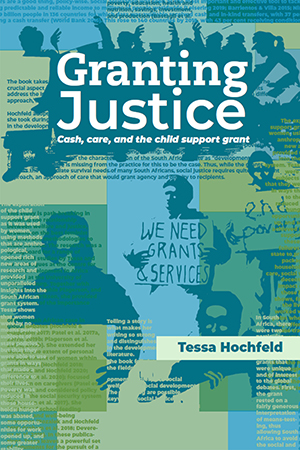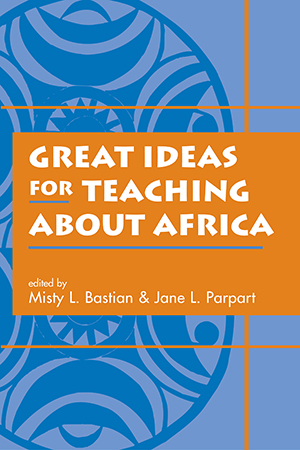BOOKS
National Jewish Book Awards Finalist! Humorous and endearing, while dealing with complex issues, the stories in Goodbye, Evil Eye reflect the tensions between Sephardic Jews and More >
What happens when external forces are brought to bear on domestic grievances and governance institutions? In environments profoundly affected by both violent extremist organizations and More >
What is the cumulative impact of the immense social, economic, and political changes that Africa has undergone in recent decades? What opportunities do those changes present to improve the More >
From Providence, Rhode Island, to Sacramento, California, from Rockford, Illinois, to Albuquerque, New Mexico, what mayors do—and how they do it—is crucially important to More >
Governing the Americas presents the first systematic assessment of the functioning of hemispheric institutions since the introduction of the Summit of the Americas process in More >
Why do democratic leaders sometimes choose not to establish institutions that would promote the consolidation of democracy? And what are the consequences of those choices? Focusing on the More >
This comprehensive overview of US environmental regulation—from the inception of the EPA through the Bush administration—goes beyond traditional texts to consider alternatives to More >
Governing the Internet explores the many complex issues and challenges that confront governments, technocrats, business people, and others as they try to create and implement rules for a More >
Inspired by the scholarship of US critical theorist and feminist Nancy Fraser, Granting Justice draws on the stories of six South African women who rely on financial assistance programs for More >
Choice Outstanding Academic Book! This award-winning book presents a wealth of ideas for teaching African studies in a variety of disciplines. The authors present a wide range of More >




